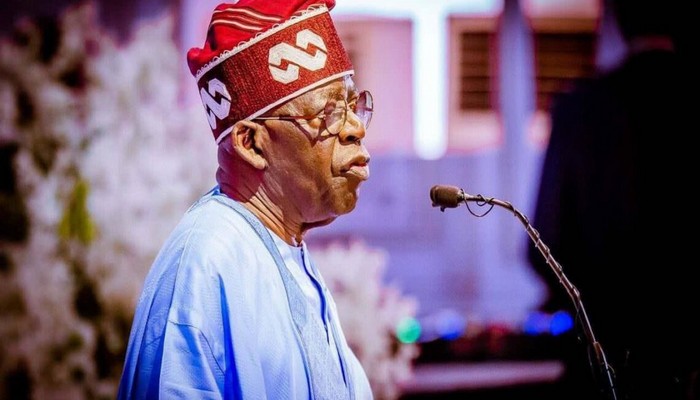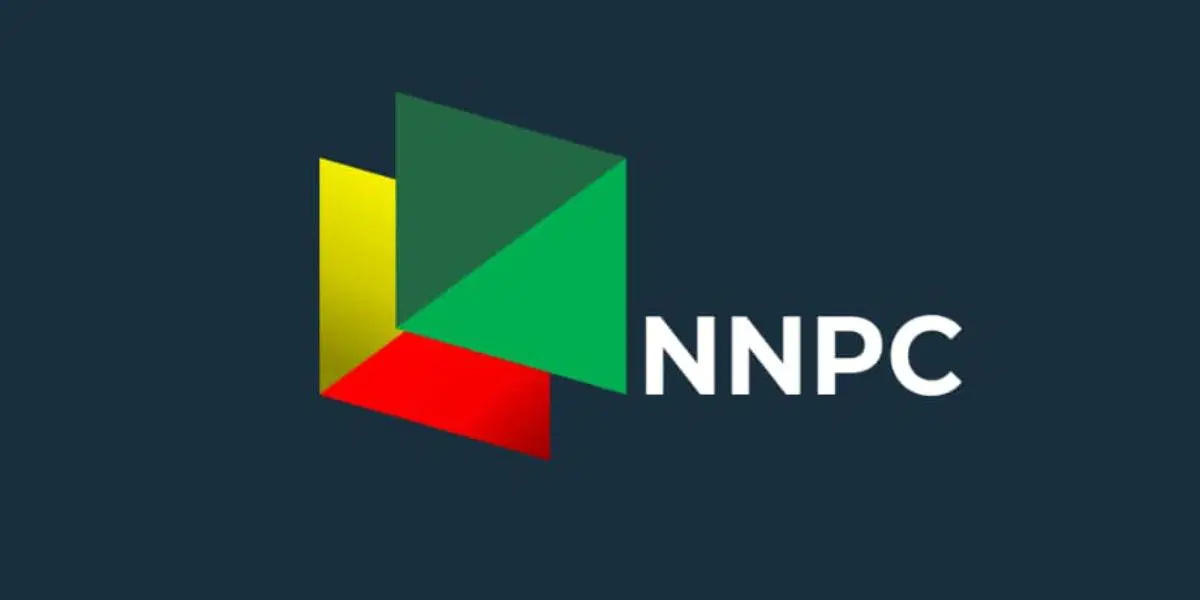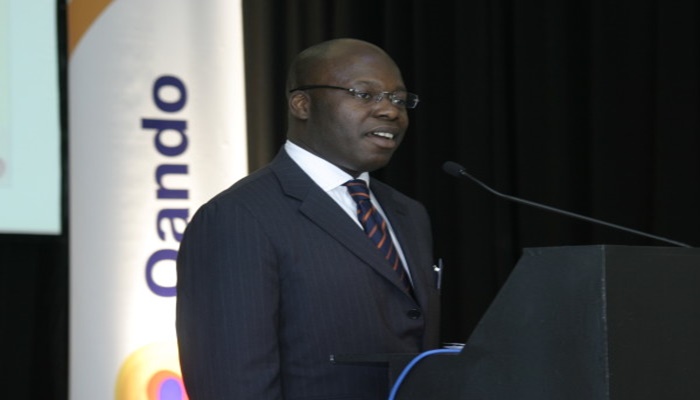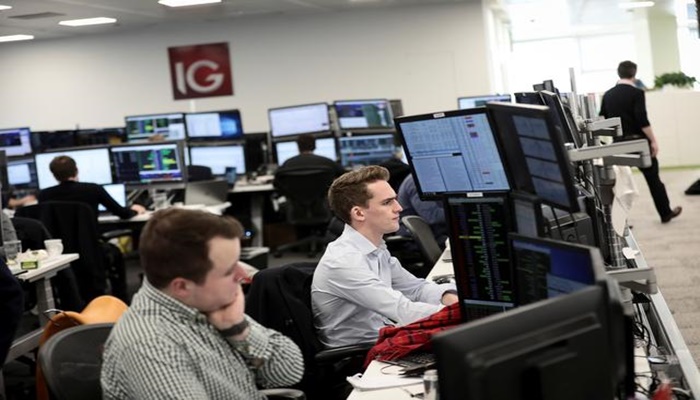World stock markets began the New Year with a shot of Chinese stimulus, ensuring there was no immediate hangover after the gains of 2019.
China’s central bank said overnight it was lowering how much cash banks were required to hold, the eighth reduction since 2018.
The move that should free about 800 billion Yuan (115 billion dollars) to boost its economy.
In addition, U.S. President Donald Trump tweeted that a long-awaited Phase 1 trade pact with Beijing would be signed on Jan. 15.
Europe’s main markets gained 0.4 per cent to 0.8 per cent, following Asia higher in their first trading session of the new decade.
U.S. futures suggested similar gains on Wall Street, with S&P 500 e-minis up 0.4 per cent.
MSCI’s broadest index of world shares added 0.2 per cent to December’s 3.3 per cent jump and the 24 per cent gained in 2019.
“Over a longer-term horizon, we believe global stocks have greater performance potential than global bonds, supported by continued growth and moderate inflation,” Franklin Templeton said in its 2020 outlook, although it stressed it remained cautious for now.
Some gloomy euro zone manufacturing PMI data were revised higher, which pushed up inflation expectations and saw Germany’s 15-year bond yield briefly turn positive for the first time since July.
“Although firms grew somewhat more optimistic about the year ahead, a return to growth remains a long way off,” said Chris Williamson, chief business economist at IHS Markit, which compiles the purchasing manager indices.
In currency markets, the dollar rose against major peers, but the gains were capped amid expectations of a better outlook for global growth and trade and an end to U.S. economic outperformance.
The dollar was 0.1 per cent stronger against the yen at 108.81. The euro dropped 0.02 per cent to 1.1208.
After the stimulus in Beijing, China’s Yuan closed at 6.9631, its strongest finish against the dollar since Aug. 2. The offshore yuan also gained after an initial downward move.
The cut in reserve requirements had been expected before January’s Lunar New Year holidays and after Premier Li Keqiang’s pledge in December 2019 to provide more stimuli.
China’s blue-chip index, one of the world’s best performers in 2019 rose 1.4 per cent, reaching its highest since Feb. 7, 2018, Hong Kong’s Hang Seng added 1.25 per cent.
Oil prices rose as tensions in the Middle East fuelled worries about supply. The U.S. military carried out air strikes against an Iran-backed militia this past weekend.
Consequently, protesters stormed the U.S. Embassy in Baghdad on Wednesday, and then withdrew after the United States deployed extra troops.
U.S. crude was up 0.3 per cent to 61.28 dollars and global benchmark Brent crude rose 0.4 per cent to 66.27 dollars per barrel, building on a rise that gave oil markets their biggest annual gain in three years in 2019.
Gold, which had benefited from a weaker dollar, was up 0.25 per cent on the spot market in spite the U.S. currency’s gains. It last fetched 1,520 dollars per ounce. (Reuter/NAN).






































